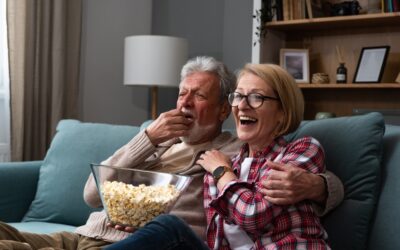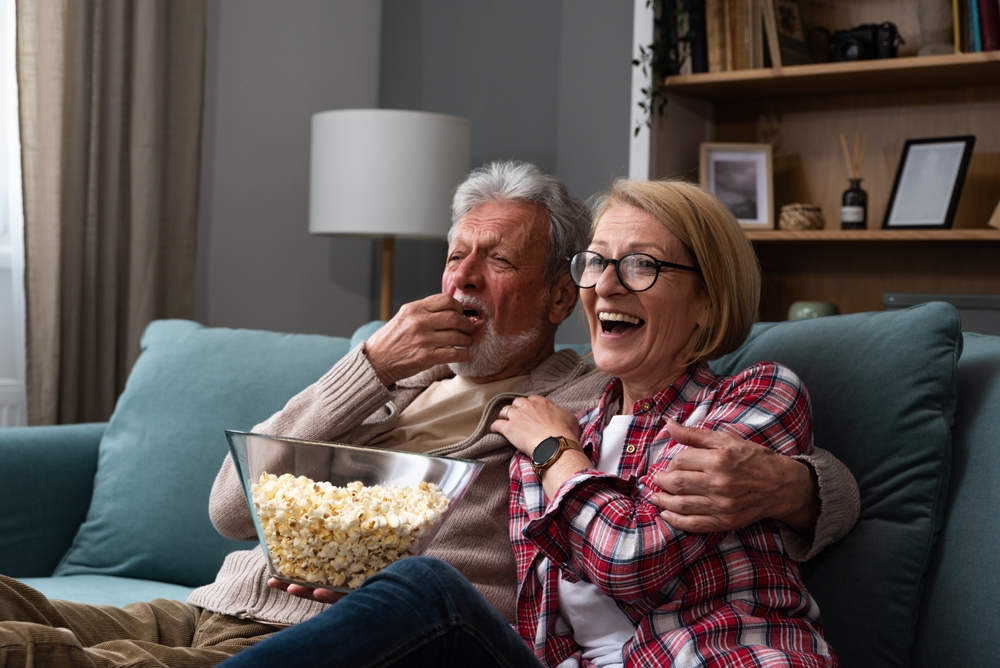Aging often comes with its own set of assumptions, and not all of them are true. From mobility to memory, there’s no shortage of myths about what happens as we grow older. The problem? Believing these misconceptions can hold you back from living a healthier, more vibrant life. It’s time to set the record straight and debunk some of the biggest health myths about aging once and for all.

One of the most common myths is that aging automatically means losing your mobility. While it’s true that muscle mass and flexibility can decline with age, staying active can counteract most of these effects. Regular exercise—whether it’s walking, strength training, or yoga—helps maintain strength, balance, and coordination. The key isn’t to avoid activity but to adapt it to your body’s needs, keeping you strong and mobile well into your golden years. According to 50 Plus Physio, while it’s true that some changes in movement happen as we age, mobility loss is not inevitable. What often leads to reduced flexibility and motion is inactivity, not aging itself.
Another pervasive myth is that cognitive decline is inevitable as you age. While conditions like dementia do become more common in older adults, they’re far from guaranteed. Keeping your brain sharp through puzzles, learning new skills, or engaging in social activities can significantly reduce your risk. In fact, the brain has a remarkable ability to create new connections even in later years—a process known as neuroplasticity. According to Harvard Health Publishing, while some cognitive abilities may decline with age, others remain stable or even improve. Engaging in mentally stimulating activities, physical exercise, and maintaining social connections can help protect against cognitive decline.

Then there’s the idea that your metabolism grinds to a halt after a certain age. While metabolism does slow slightly over time, lifestyle factors like diet and exercise play a much bigger role in how your body processes energy. Staying active and eating nutrient-dense foods can help maintain a healthy weight and energy levels at any age. It’s not your age that’s the problem—it’s the myths that make you think you can’t control it. According to WebMD, as you get older, you naturally lose muscle mass, which can result in burning calories at a lower rate. However, lifestyle factors like physical activity and diet play a significant role in maintaining metabolism.
Many people believe that aging means you’ll be in constant pain, but this isn’t necessarily true. Chronic pain can happen, but it’s often linked to specific conditions like arthritis or injury, not aging itself. Staying active, maintaining a healthy weight, and seeking treatments like physical therapy can help manage or even prevent pain. The truth is, many older adults feel great when they take steps to care for their bodies.

Another myth worth debunking? That it’s too late to make lifestyle changes. Whether it’s quitting smoking, adopting a healthier diet, or starting a new fitness routine, research shows that positive changes can benefit your health at any age. Even small adjustments can improve cardiovascular health, increase energy, and boost your overall quality of life. Aging doesn’t mean you stop improving—it means you start living smarter.
Finally, there’s the notion that happiness and fulfillment decline with age, which couldn’t be further from the truth. Studies show that many people experience greater life satisfaction and emotional stability in their later years. With the freedom to focus on passions, relationships, and self-care, aging often brings a new sense of purpose. The idea that your best years are behind you is simply outdated.
Debunking these myths isn’t just about setting the record straight—it’s about empowering you to take control of your health and well-being. Aging is inevitable, but how you age is largely up to you. By staying active, challenging your mind, and rejecting outdated beliefs, you can embrace the later chapters of life with confidence and vitality. After all, age is just a number—it’s what you do with it that counts.








